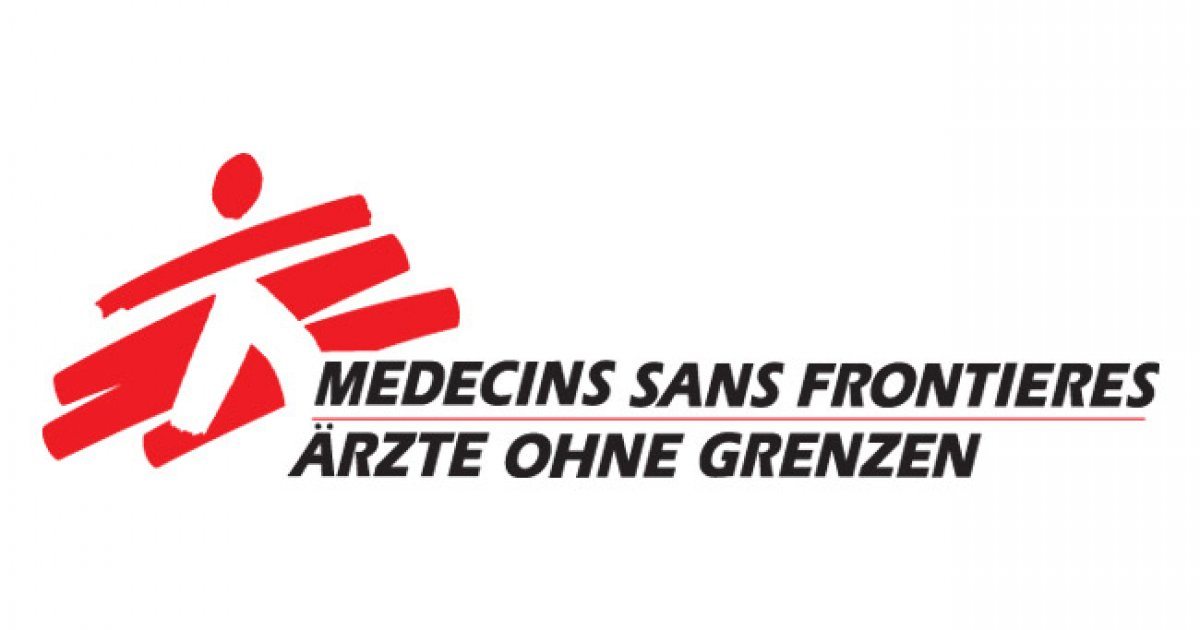Höchste Übersterblichkeit weltweit: Kliniken in Peru sind überfüllt, Sauerstoff wird knapp
Menschen stehen die ganze Nacht Schlange, um für ihre Angehörigen noch Sauerstoff zu bekommen, Spitäler haben keine Betten mehr für Schwerkranke: Peru kämpft mit einem starken Anstieg der Covid-19-Infektionen. Das Land hat nun die höchste Übersterblichkeit aufgrund des Virus weltweit. Ärzte ohne Grenzen/Médecins Sans Frontières (MSF) hat nördlich der Hauptstadt Lima ein Behandlungszentrum mit 50 Betten eröffnet.
Peru hat nun die höchste Übersterblichkeit durch Covid-19 weltweit: Seit Beginn der Pandemie sind dort mehr als doppelt so viele Menschen gestorben wie im Durchschnitt der Vorjahre im selben Zeitraum (Stand 4.4.2021, Berechnung der Financial Times). Auch bei der Übersterblichkeit pro 1 Million Einwohner ist Peru traurige Spitze.
Ärzt*innen und Pflegepersonal arbeiten in Peru über dem Limit, zugleich sind erst 3 Prozent der Bevölkerung mindestens einmal geimpft. In Huacho nördlich der Hauptstadt Lima hat Ärzte ohne Grenzen zur Unterstützung des regionalen Spitals zusätzliche Behandlungskapazitäten für 50 Patient*innen geschaffen.
Neben der akuten Behandlung ist die Aufklärung der Bevölkerung sehr wichtig, denn viele suchen auch bei kritischen Symptomen zu spät Hilfe. “Unser Ziel ist, die Erkennung und das Management der Patient*innen zu verbessern”, sagt Einsatzleiter Jean-Baptiste Marion. “Aber ohne ein dringendes Hochfahren der Impfung ist eine Verbesserung in der nächsten Zeit kaum zu erwarten.”
In Peru ist mittlerweile auch die brasilianische Variante des Virus verbreitet. Insgesamt haben sich bisher 1,7 Millionen Menschen infiziert, 57.000 sind gestorben.
Die vollständige Pressemitteilung auf Englisch finden Sie unten.
Interviews auf Englisch sind möglich.
****
Exceptional mortality and hospitals facing collapse in COVID-19-stricken Peru
A new, brutal wave of COVID-19 has swept Peru over the past few weeks, resulting in overcrowded hospitals and high mortality rates, while access to vaccination remains a major challenge for the response. Médecins Sans Frontières joined the health authorities north of Lima to strengthen the outbreak management in the area.
Lima, 20 April – A deadly wave of COVID-19 is overwhelming Peru, where hospitals are struggling and critically lacking oxygen supplies, while infection rates are driven up by the presence of the P1 variant, commonly referred to as the Brazilian variant. According to WHO data[1], in the first week of April, Peru, with a population of around 33 million, reported an average of almost 10,000 new cases and 300 deaths per day. The number of deaths represented an increase in excess of 50 percent over the previous week. As a result, the country now suffers from the highest number of excess deaths in the world relative to the population[2]. Medical staff is already stretched to its maximum capacity and beyond, while intensive care resources are insufficient to meet the needs. These issues are compounded by scarce access to badly-needed vaccination: just three percent of the population has received at least the first dose. All of this is preventing the health care system from mounting an adequate outbreak response.
Following an assessment carried out earlier in the year, Médecins Sans Frontières (MSF) launched an emergency intervention in collaboration with the health authorities in Huaura province, north of Lima, where the regional hospital in the provincial capital, Huacho, is severely short-handed in facing the surge in the number of COVID-19 patients.
“Our intervention has two main objectives”, says Jean-Baptiste Marion, MSF head of mission. “We want to help to take pressure off Huacho hospital and the local health care system through an ancillary facility, where we can treat COVID-19 patients and provide them with oxygen when needed. Today, many non-critical patients end up in Huacho hospital, overwhelming the facility. Also, to complement this activity, we work with community networks to improve early detection, looking to identify patients and provide them with the needed level of care before their condition worsens and they end up in critical conditions.”
MSF teams also support Huacho hospital’s intensive care unit, to improve patient management and help through every step of the patient flow.
The approach adopted by MSF is centred on a 50-bed in-patient facility connected to Huacho hospital and a network of local health care centres. Half of these beds are equipped for clinically monitored isolation, while the other half can provide patients with oxygen, including for patients in severe conditions.
The country has now reached a cumulative total of over 1.7 million COVID-19 cases and over 57,000 deaths[3]. A major issue observed by MSF teams on the ground is that people are often reluctant to seek medical care in hospitals when they start showing symptoms, choosing private practices, (which may not always be able to offer the required level of care) or even opting for self-medication. The consequences for an overmatched health system are devastating: people in many cities queue overnight and sleep in the rough to fill up their oxygen tanks from the few working reservoirs, hoping to take care of their relatives at home.
For this reason, MSF is partnering with the local authorities’ community outreach activities, in order to ensure that Covid-19 patients in the province are identified as early as possible and headed in the right direction from the beginning, when seeking healthcare.
“Improving screening and patient management is a priority today”, concludes Jean-Baptiste Marion. “Without an urgent boost in access to vaccination, though, it is hard to expect an improvement any time soon.”
[1] https://covid19.who.int/region/amro/country/pe
[2] Financial Times, “How excess deaths compare around the world since Covid-19 outbreaks began”. Excess deaths are defined as the number of deaths above the historical average for the period.
[3] Source : Ministry of Health, https://covid19.minsa.gob.pe/sala_situacional.asp
